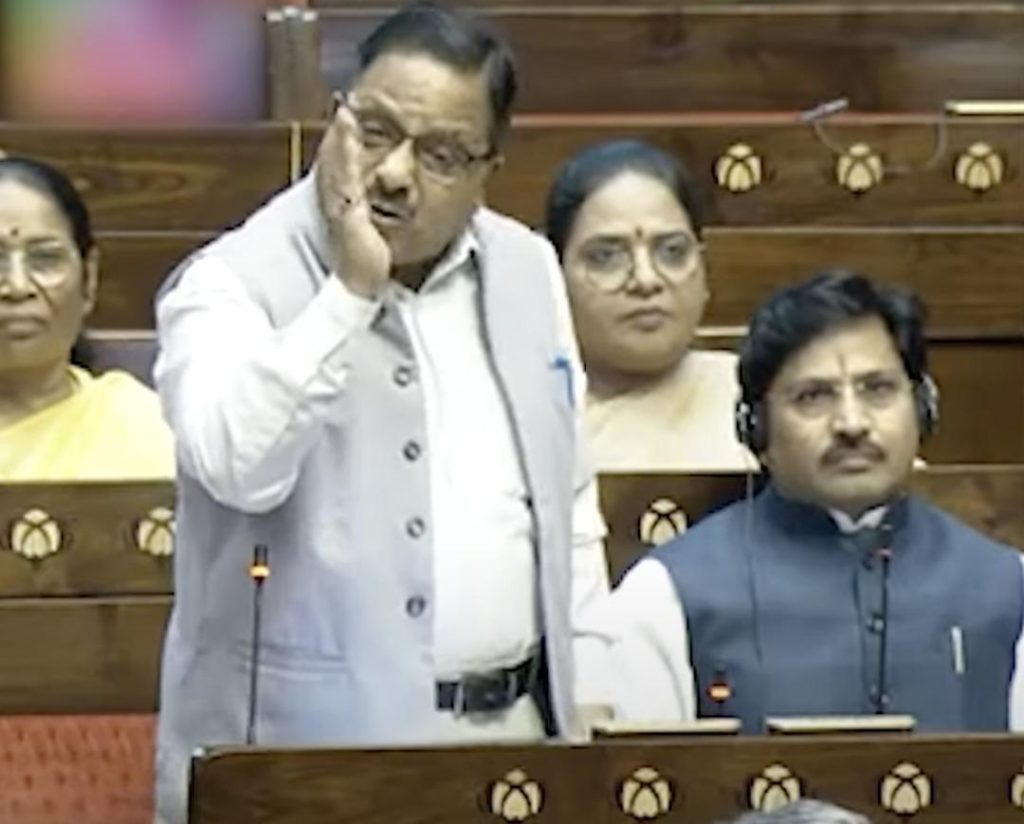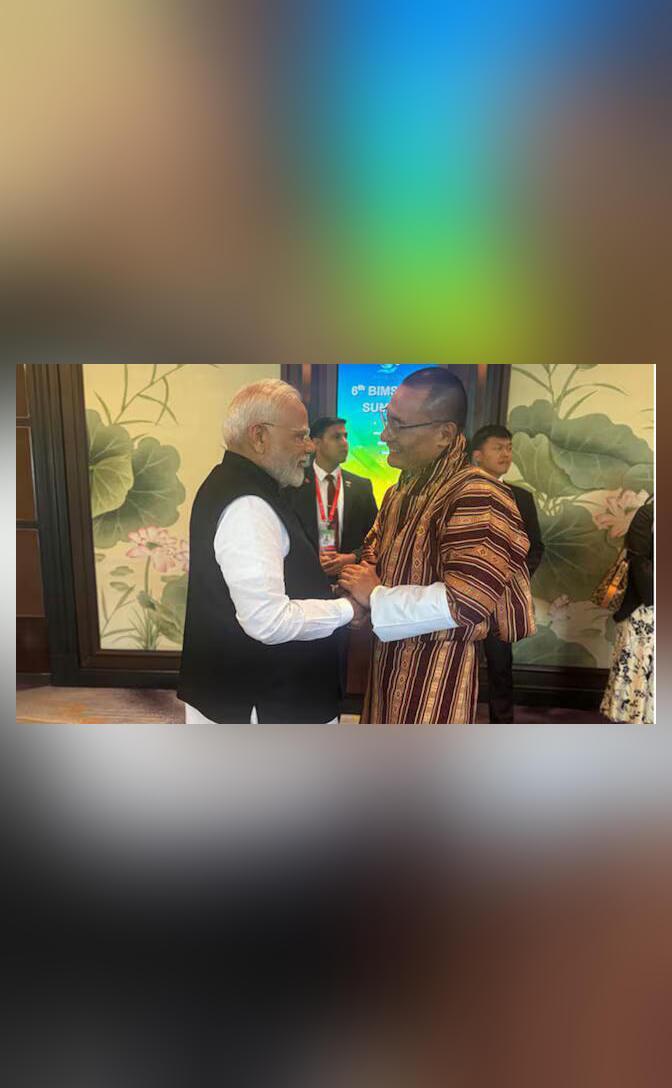
Should I Read Quran & Tell You What’s Written in It: BJP MP Radha Mohan Das on Waqf Bill
The debate over the Waqf Bill has been ongoing in India, with various political parties and individuals weighing in on the issue. Recently, a BJP MP, Radha Mohan Das, sparked controversy by asking if he should read the Quran and share its contents with the public. His comment was made during a discussion on the Waqf Bill in the Lok Sabha, and it has since been widely reported and debated.
For those who may not be familiar with the Waqf Bill, it is a proposed legislation aimed at reforming the Waqf Act of 1995. The Waqf Act governs the management of religious properties, including mosques, madrasas, and other charitable institutions, which are considered sacred in Islam. The proposed bill seeks to revamp the management of these properties and ensure transparency and accountability in their utilization.
Radha Mohan Das, the BJP MP who made the controversial comment, was participating in a discussion on the Waqf Bill. He questioned the Waqf Board’s management of its properties, citing the need for transparency and accountability. In his argument, he referred to the Quran, the holy book of Islam, and claimed that it emphasizes the importance of maintaining written records.
“The Quran says that even if one rupee is given to anyone, there should be a written record,” he said. “And you say you have so many properties without a record. This is not right. You should have a record of every single property, every single thing.”
Das’ comment has been criticized by many, who argue that he is misinterpreting the Quran and using it to justify his political agenda. Others have accused him of being Islamophobic and trying to create divisions between different religious communities.
However, Das maintains that his intention was not to offend anyone, but rather to highlight the need for transparency and accountability in the management of religious properties. He argues that the Waqf Board’s lack of transparency and accountability has led to mismanagement and misuse of these properties.
“This is not about the Quran or Islam,” Das said in an interview. “This is about transparency and accountability. We are not asking for anything new. We are simply asking for what is already written in the Quran to be implemented.”
Das’ comment has sparked a wider debate about the role of religion in politics and the need for greater understanding and respect between different religious communities. Some have argued that religion should be kept separate from politics, while others believe that it is essential to consider religious beliefs and values when making decisions about public policy.
In conclusion, Radha Mohan Das’ comment has sparked a heated debate about the Waqf Bill and the role of religion in politics. While some have criticized him for his comment, others believe that he is highlighting an important issue and advocating for greater transparency and accountability in the management of religious properties.
Regardless of one’s opinion on the issue, it is essential to remember that religion should be a source of unity and respect, rather than division and conflict. As we move forward, it is crucial that we work towards greater understanding and cooperation between different religious communities, and that we respect the beliefs and values of all individuals.
Source: https://www.youtube.com/watch






